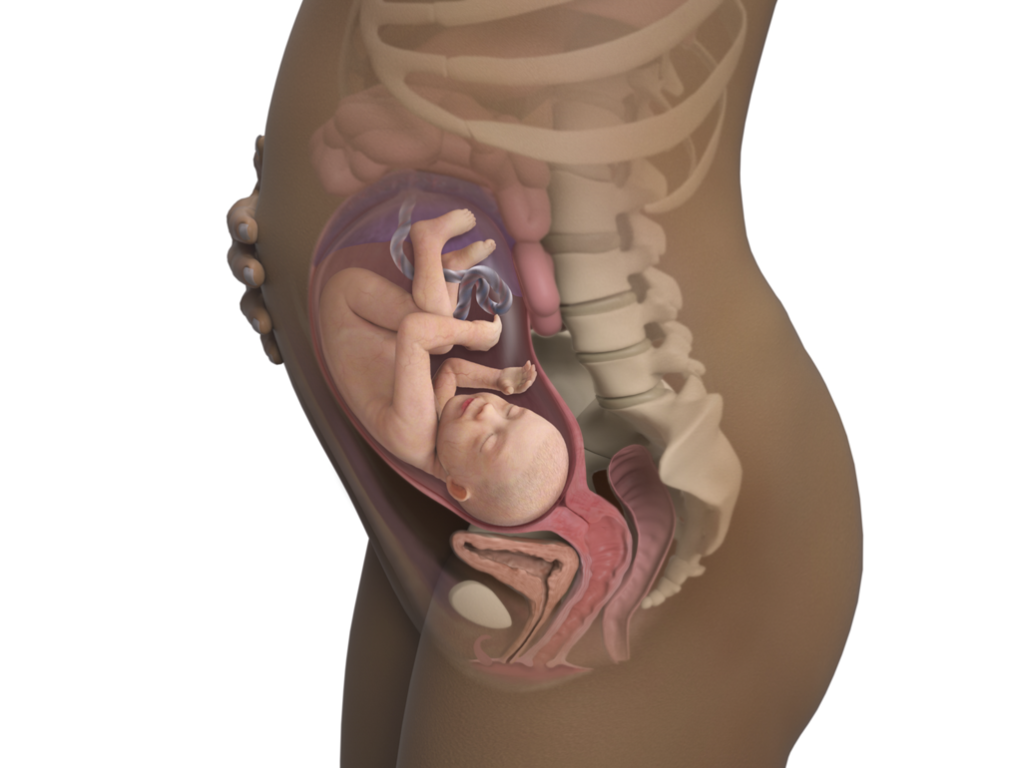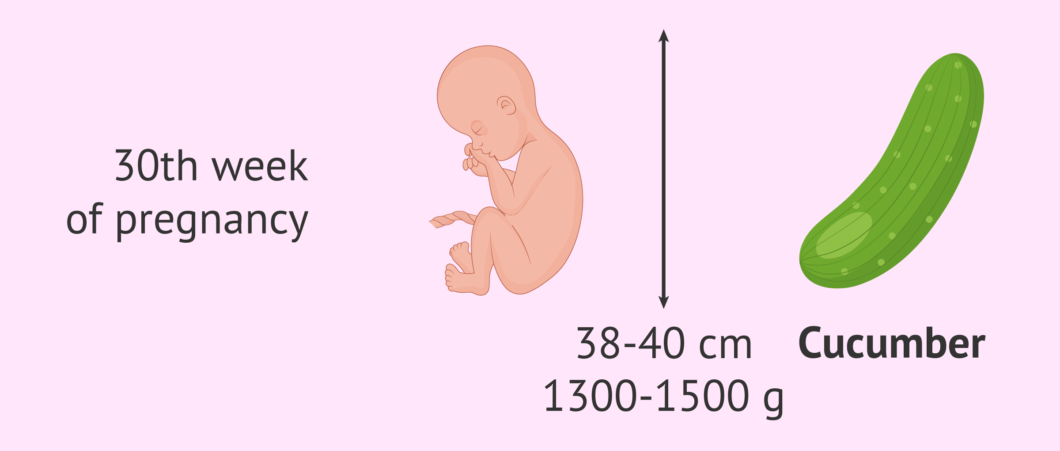During the 30th week of pregnancy, both the expectant mother and the developing baby experience significant changes and milestones.
For the Expectant Mother:

- Physical Changes: By the 30th week, the mother’s abdomen continues to expand as the baby grows, which may lead to increased discomfort and pressure on the pelvis and lower back. Many women experience backaches, pelvic pain, and difficulty sleeping due to the size of the uterus and the baby’s movements. Some women may also notice swelling in their ankles, feet, and hands, which is a common symptom known as edema.
- Emotional Changes: Hormonal fluctuations and the physical demands of pregnancy can affect the mother’s emotional well-being. As the due date approaches, expectant mothers may experience a mix of excitement, anxiety, and anticipation about childbirth and parenthood. It’s essential for the mother to prioritize self-care, seek support from her partner, family, or healthcare provider, and communicate openly about her feelings.
- Prenatal Care: Regular prenatal check-ups and appointments are essential during the 30th week of pregnancy. The healthcare provider will monitor the mother’s health, assess the baby’s growth and development, and address any concerns or questions the expectant mother may have. Routine tests and screenings, such as glucose tolerance tests and Group B streptococcus (GBS) screening, may also be conducted during this time.
For the Developing Baby:

- Growth and Development: At 30 weeks, the baby continues to grow rapidly, gaining weight and developing fat stores that contribute to overall growth and maturation. The baby’s skin becomes smoother as fat accumulates underneath, and the body proportions become more defined. The baby’s bones continue to harden, and the internal organs mature further.
- Movement: The baby’s movements become more coordinated and vigorous during the 30th week. The mother may feel distinct kicks, punches, and rolls as the baby exercises its muscles and explores its surroundings. These movements may be more pronounced after meals or during periods of activity.
- Sensory Development: The baby’s sensory organs, including the eyes, ears, nose, and mouth, continue to develop. The baby may be able to hear sounds from the external environment and may respond to familiar voices or music. The eyes are also becoming more sensitive to light, although the eyelids remain closed until later in the pregnancy.
Overall, the 30th week of pregnancy represents a significant milestone in the journey toward childbirth. It’s essential for the expectant mother to continue prioritizing her health and well-being, attending regular prenatal appointments, and following any recommendations or guidelines provided by her healthcare provider.
Visited 10 times, 1 visit(s) today

